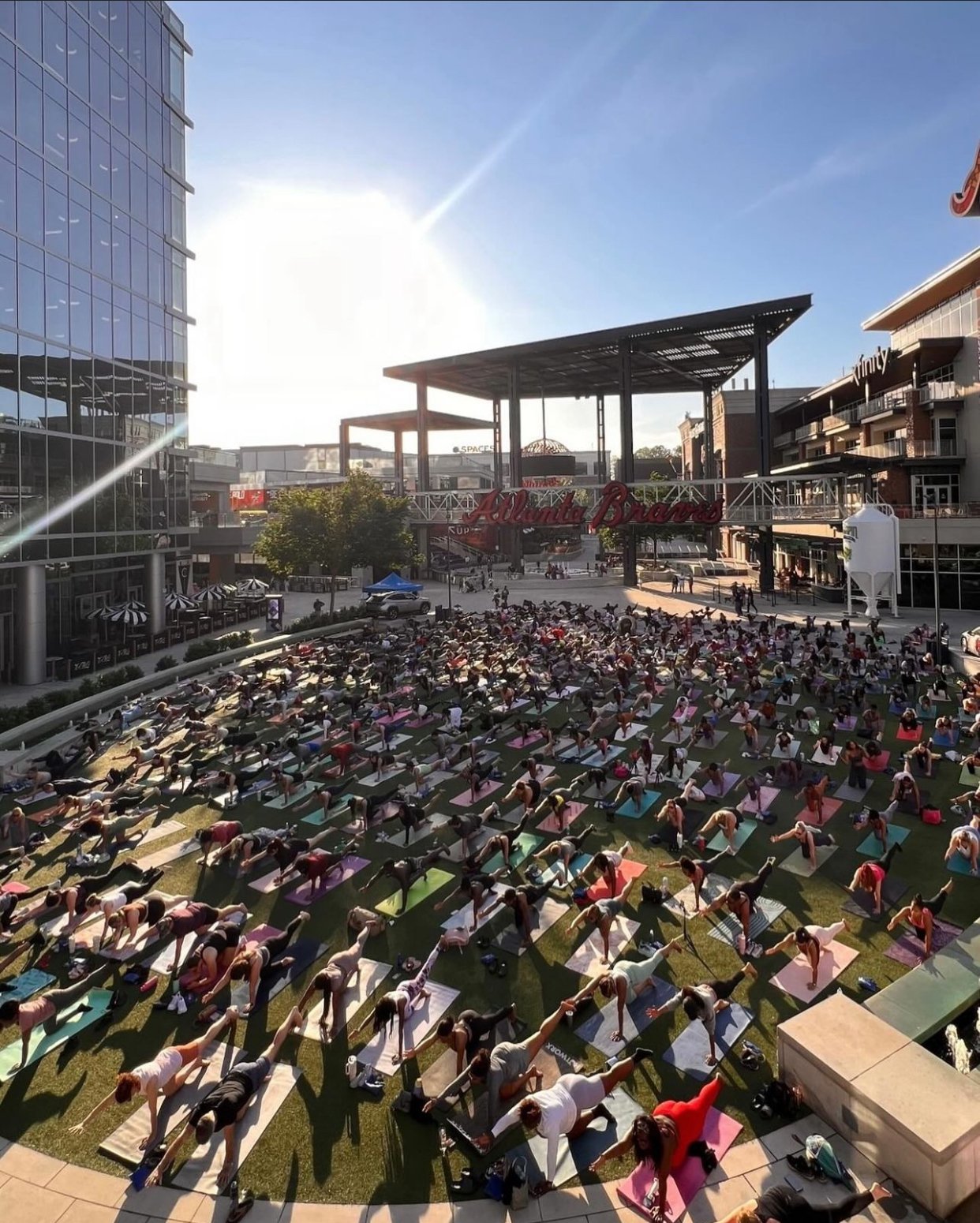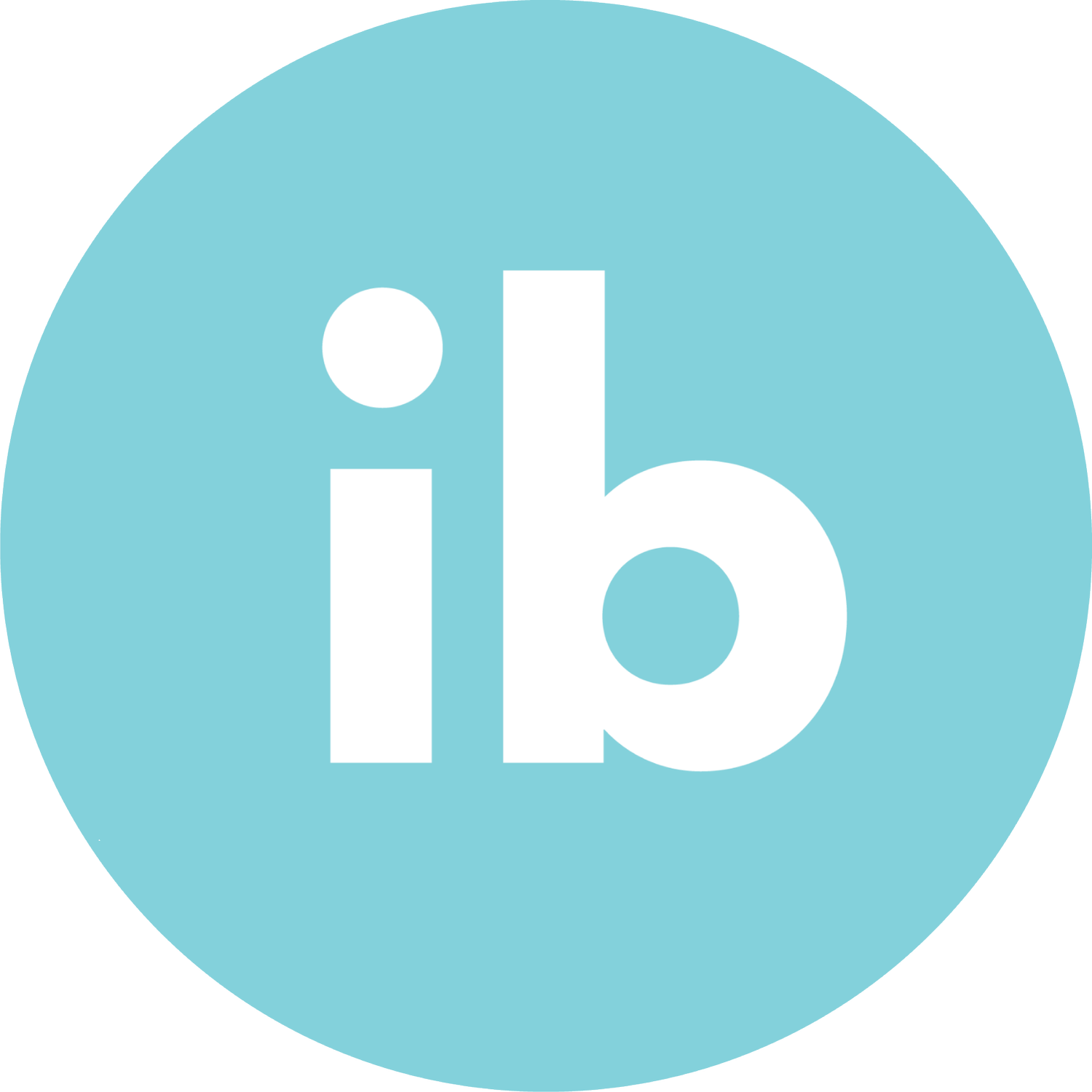
our wisdom
Trauma Informed Yoga for Self-Regulation
Trauma informed yoga for self-regulation
Self-regulation refers to our ability to manage and control our thoughts, emotions, and behaviors in response to different situations. It involves maintaining a sense of equilibrium, even amidst external stressors or internal challenges. Self-regulation empowers us to navigate through life's ups and downs with composure, resilience, and adaptability.
Yoga practice can be the most accessible tool that we can use to self-regulate.
Check out a 30-minute yoga practice with me that can serve as a helpful tool amidst chaotic time.
Trauma-informed yoga for self-regulation.
Discover the Deep Relaxation and Healing Benefits of Yoga Nidra
Yoga Nidra is a guided meditation technique that promotes deep relaxation and stress reduction. Scientific studies have shown that regular practice of yoga nidra can improve overall well-being, cognitive function, and immune system function, as well as treat conditions such as PTSD and chronic pain. This post explores the benefits of yoga nidra and provides tips on how to practice it effectively.
Yoga Nidra is a form of guided relaxation and meditation that is often referred to as "yogic sleep." It is a technique that allows the body and mind to completely relax while remaining conscious and aware.
During a Yoga Nidra practice, participants lie down comfortably and follow the guidance of a facilitator. Yoga Nidra facilitator will lead everyone through a series of visualizations and body awareness exercises, breathwork, visualization, and relaxation techniques, designed to induce a state of deep relaxation and heightened awareness.
Yoga nidra practice has been scientifically proven to have many benefits for both physical and mental health. Studies have shown that regular practice of yoga nidra can reduce stress, anxiety, depression, and insomnia, as well as improve overall well-being, cognitive function, and immune system function. Additionally, yoga nidra has been used as a therapeutic tool to treat conditions such as PTSD, chronic pain, and substance abuse.
If you are interested in giving Yoga Nidra practice a go click here to experience a 10-minute Yoga Nidra To Reset The Nervous System.
Here are some sources for the benefits of yoga nidra studies:
Yoga Nidra as a Therapeutic Intervention for Military Veterans with PTSD: A Randomized Controlled Trial. Journal of Clinical Psychology, 2014. https://onlinelibrary.wiley.com/doi/abs/10.1002/jclp.22081
Yoga Nidra relaxation increases heart rate variability and is unaffected by a prior bout of Hatha yoga. Journal of Alternative and Complementary Medicine, 2011. https://www.ncbi.nlm.nih.gov/pmc/articles/PMC3151418/
Exploring the Therapeutic Effects of Yoga Nidra on Chronic Pain: A Clinical Case Series. International Journal of Yoga Therapy, 2018. https://www.ncbi.nlm.nih.gov/pmc/articles/PMC6390488/
Effect of Yoga Nidra on Blood Glucose Level in Diabetic Patients. International Journal of Yoga, 2013. https://www.ncbi.nlm.nih.gov/pmc/articles/PMC3887506/
Effects of yoga nidra on psychological general well-being in patients with menstrual disorders: a randomized controlled trial. International Journal of Yoga, 2021. https://pubmed.ncbi.nlm.nih.gov/34084363/
Irina
Flow & Let Go Yoga Practice
Mellow Yoga Flow
Hi friends,
Join me for a 30-minute mellow practice. You will need a yoga mat, two blocks (or books) and a bolster (or a pillow).
Remember to connect with us on instagram @ibyogabarre.
Namaste
Irina
STAYING CENTERED AMID CHAOS
In yoga teaching we have a saying that “we hold our issues in our tissues” meaning that we store stress in our physical bodies. Think about how you physically feel when you watch the news. Do you clench your jaw, tighten up in your chest and shoulders, or experience irregular breathing? If you are not constantly mindful about coping with stress and fear, it is very easy to store them long term. This in turn can cause harm to both your mental and physical health.
At the moment we are being flooded with news of the rapid spread of coronavirus and all of the possible outcomes because of it. I encourage you to focus on what you can control. We already know that you are washing your hands and staying away from big crowds. Now let’s find some coping mechanisms and create an on-demand de-stress toolbox.
Due to the rapid spread of the virus we are encouraged to self-quarantine and to stay away from other people. However the beauty of being here and now is the variety of online resources readily available.
Yoga – If you are looking to start your yoga practice and feel too intimidated to walk into a studio, check out resources on platforms like YouTube where you will find many options for your practice. Some of my favorite beginner-friendly yoga channels are Yoga With Adriene, Body Positive Yoga, Faith Hunter, and Heart Alchemy Yoga. All you will need are a yoga mat or a beach towel, blocks or a stack of books and you are ready to practice. Yoga is not only a great tool to feel connected to your body and your mind but according to The Journal of Behavioral Medicine it can also boost your immune system. Next time you feel stress and fear flooding in, unroll your mat and melt them away with a yoga practice.
Breathing Exercises – Another helpful and easily accessible tool for de-stressing is your own breath. Try the following breathing technique. Sit comfortably in a chair and begin to breathe in through your nose for four counts, inhale and hold your breath in for four, exhale for four and hold the breath (empty lungs) out for four. Repeat this for 1-2 minutes. This breathing technique is called box breathing. According to Medical News Today it is used by Navy SEALs, police officers and nurses to decrease stress and promote mindfulness.
Meditation – I also encourage everyone to check out the following meditation apps: Calm, Headspace and Breethe. To benefit from meditation you need to be consistent at practicing it. So, invite your loved ones to participate in a mindfulness challenge. Encourage them to practice meditation at least 10 minutes a day and see how awesome you all will feel afterwards!
I hope that you will stay healthy and stress-free and remember “this too shall pass.”
May 21, 2020






